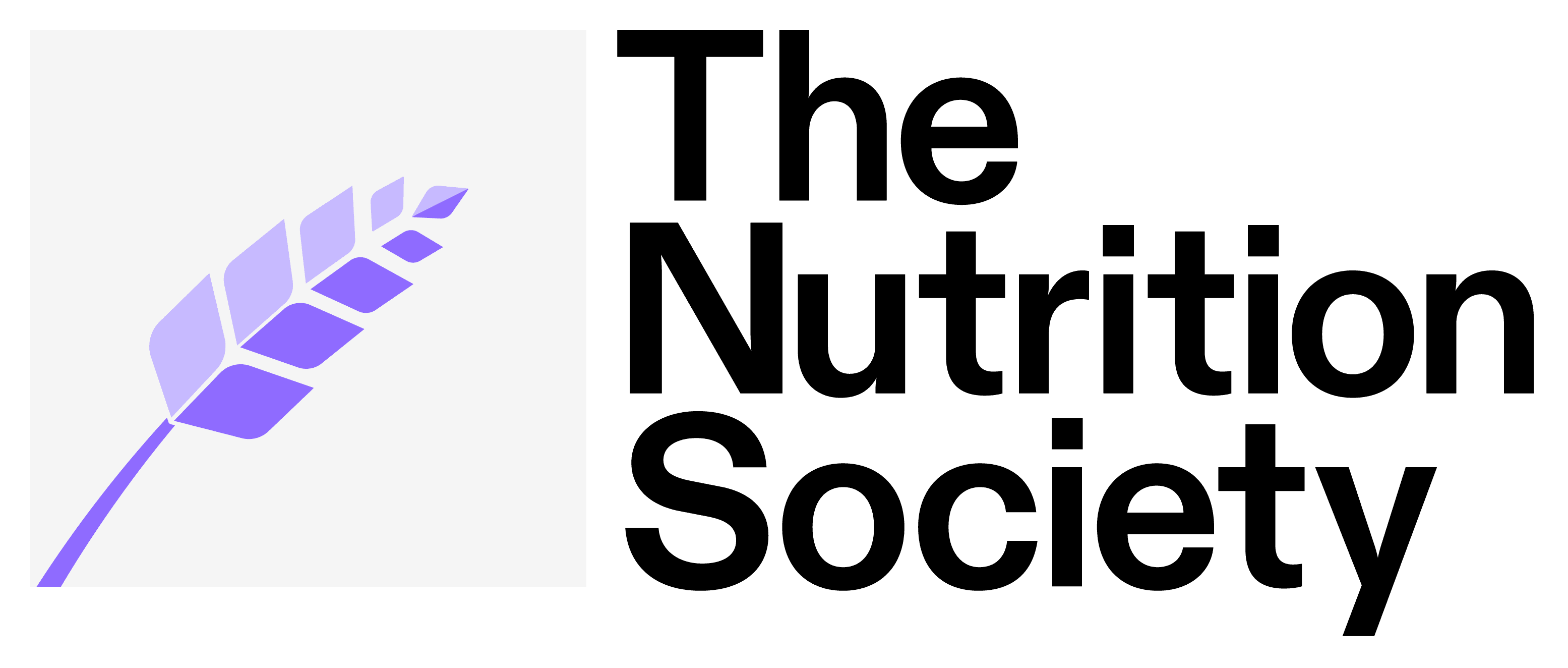Our lives are characterised by repeating cycles in our environment, behaviour and physiology. In particular, with each passing day and night we experience regular transitions between light and dark, wakefulness and sleep, activity and rest – that may or may not be aligned with our daily meal patterns. There are various opportunities to eat or not to eat over the course of each 24-h period, each with the potential to improve or impair metabolic health. This talk will consider the typical series of eating occasions from shortly after waking on one day until shortly before waking on the next. Specifically, we will firstly consider the metabolic consequences of skipping breakfast, both in terms of how regularly fasting during the morning may alter body composition and in terms of the acute effect of a morning meal on metabolic control later in the day (i.e. the ‘second-meal effect’ at lunch).
What will I gain from watching this webinar?
- Understand how transitions between the fed- and fasted-state impacts the pattern of physical activity
- Understand the metabolic effects of pre- and post-sleep protein ingestion, and waking during the night
- Analyse the potential effects of coffee consumption at breakfast.





